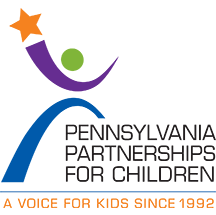
May is National Foster Care Month, a critical time to recognize and uplift the lived experiences of the nearly 20,000 children and youth who are served in the Pennsylvania foster care system annually. Foster children have a multitude of traumatic experiences, including the reasons leading to their placement and the unintended consequences due to being placed outside of their homes. Unfortunately, children and youth are most frequently placed in foster care for reasons not related to abuse, but reasons of neglect. Those neglect allegations could be better mitigated by social safety net programs and community-based support. Foster children and youth are left to navigate challenging situations, which can lead to negative outcomes, including disconnection from their biological and kin families, separation from friends and supportive connections, and challenges with mental health, behavioral health, and educational outcomes. Yet, every day, they show that they are worthy of the safety, stability, and well-being that their peers outside the foster care system have. We should not only recognize and support foster children and youth in May but find ways to uplift and support them every day.
For foster care month, it’s important to highlight one of the biggest challenges facing children and youth in foster care—education. For the first time, Pennsylvania Partnerships for Children (PPC) and Education Law Center-PA (ELC) are analyzing data on educational outcomes for children and youth in out-of-home care. Together, in the newly released brief, PPC and ELC identify policy solutions aimed at improving educational outcomes for these students based on data and research, coupled with insights drawn from case examples, and consultation with educational liaisons directly involved with the education and child welfare systems. These policy solutions could lead to better outcomes for children and youth in the foster care system.
